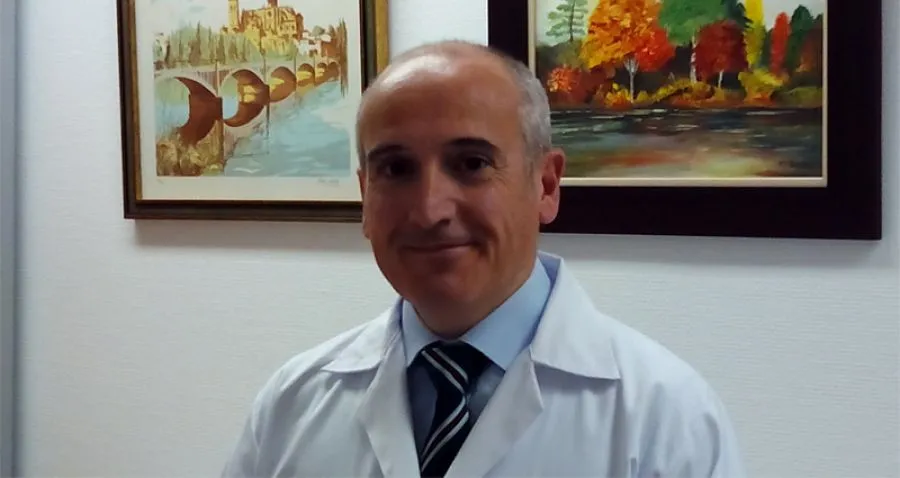The main objective of professionals who work in the field of diabetes and people diagnosed with this disease is to comply with the goal of glycemic control, that is, maintain a level at which the sugar content that is in the blood has valuesnormal throughout the day and, especially, both in the previous period to meals and after ingesting food.
"Glycemic control is the maintenance of life."This has been described by Dr. Fernando Gómez Peralta, Endocrine of the General Hospital of Segovia and one of the most brilliant diabetes experts in our country.
In an interview issued digitally healthy with Sanofi's collaboration, this expert explains that “glucose is a fuel and, therefore, everything that happens to us affects glucose levels, which fluctuate and must fluctuate inAll people, whether or not they have diabetes.Glycemic control is that your glucose levels are on safety margins throughout the day. ”However, achieving efficiently the established goals of the optimal level of blood sugar is still a challenge.
The patient's vision, a fundamental aspect in glycemic control
What real difficulties and conditioning exist to achieve the correct glycemic control in a person with diabetes treated with insulin?On this question the more than 20 experts related to the world of diabetes gathered by Sanofi and Channel Diabetes were discussed within the framework of the National Congress of the Spanish Diabetes Society that was held in Bilbao at the end of April.Patients, educators, nurses, primary care doctors, specialists and clinical psychologists presented their vision and listened to the rests of the rest.
“We were talking about several aspects that limit, in practice, to follow adequate glycemic control.Especially the debate focused around hypoglycemia, as one of the most important barriers to achieve adequate glycemic control, ”summarizes Dr. Gómez Peralta.Among the conclusions extracted from the debate, emphasizes that "glycemic control can never be an imposition or objective established exclusively by the healthcare professional, but must be agreed, agreed and adapted to the needs and circumstances of the patient."
glycemic control involves a mutual effort
Dr. Gómez Peralta emphasizes that the vision of the patients who attended the debate was "very enriching to forward and resituate objectives.""In debates like these, more questions arise," he continues.This endocrine indicates that the challenge now goes through "transferring that format or those sensations to the daily consultation."
“I think both professionals and patients have to make an effort.Professionals have to understand patients more.Because although for many years, doctors have worked in the context of evidence -based medicine, now we talk about preference -based medicine, what we do is integrate all scientific evidence is a reasoned and agreed proposal to the personWith diabetes, ”he says.On the part of the patients, it indicates that they should begin to see the consultation as a responsibility and an opportunity, to the extent that the person with diabetes has to be involved.The expert takes the opportunity to attract attention to the administration to implant definitive measures that meet the needs of the diabetic patient.



